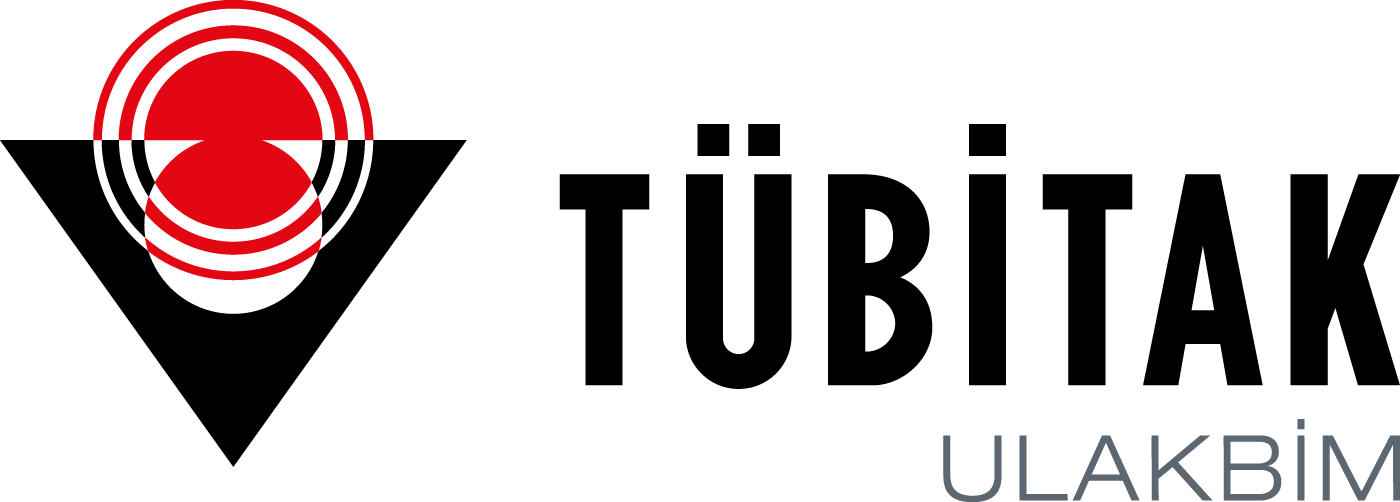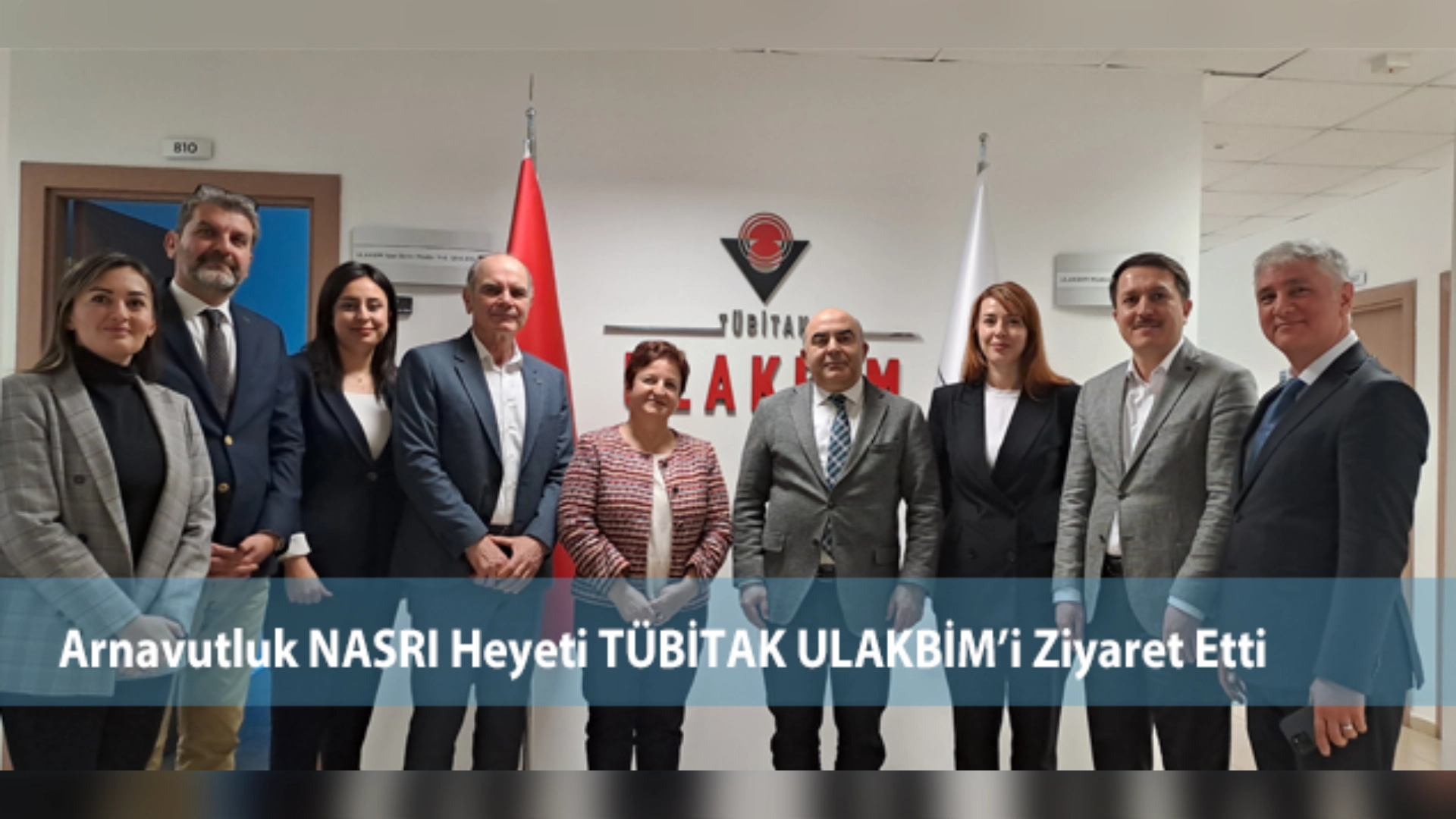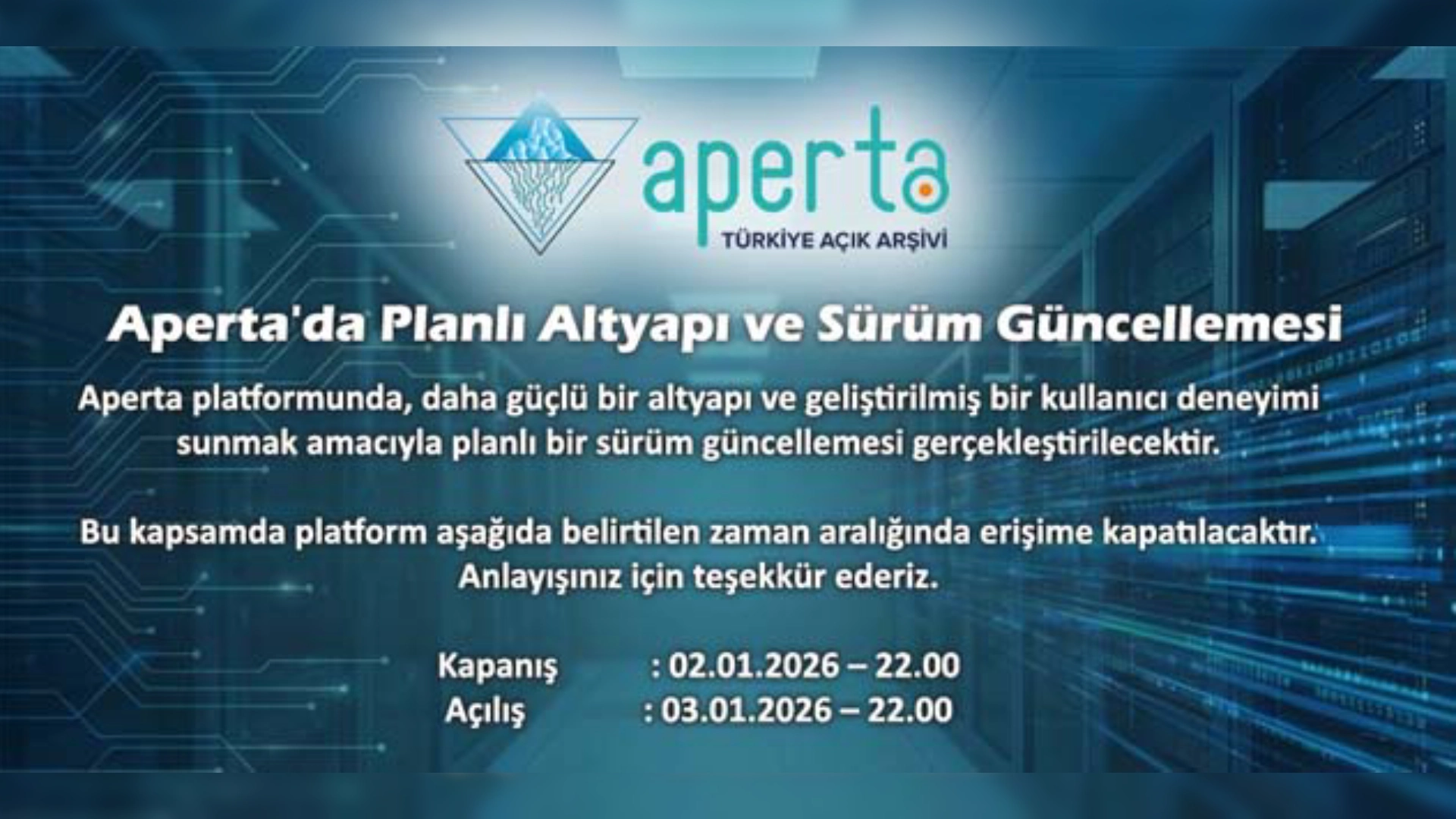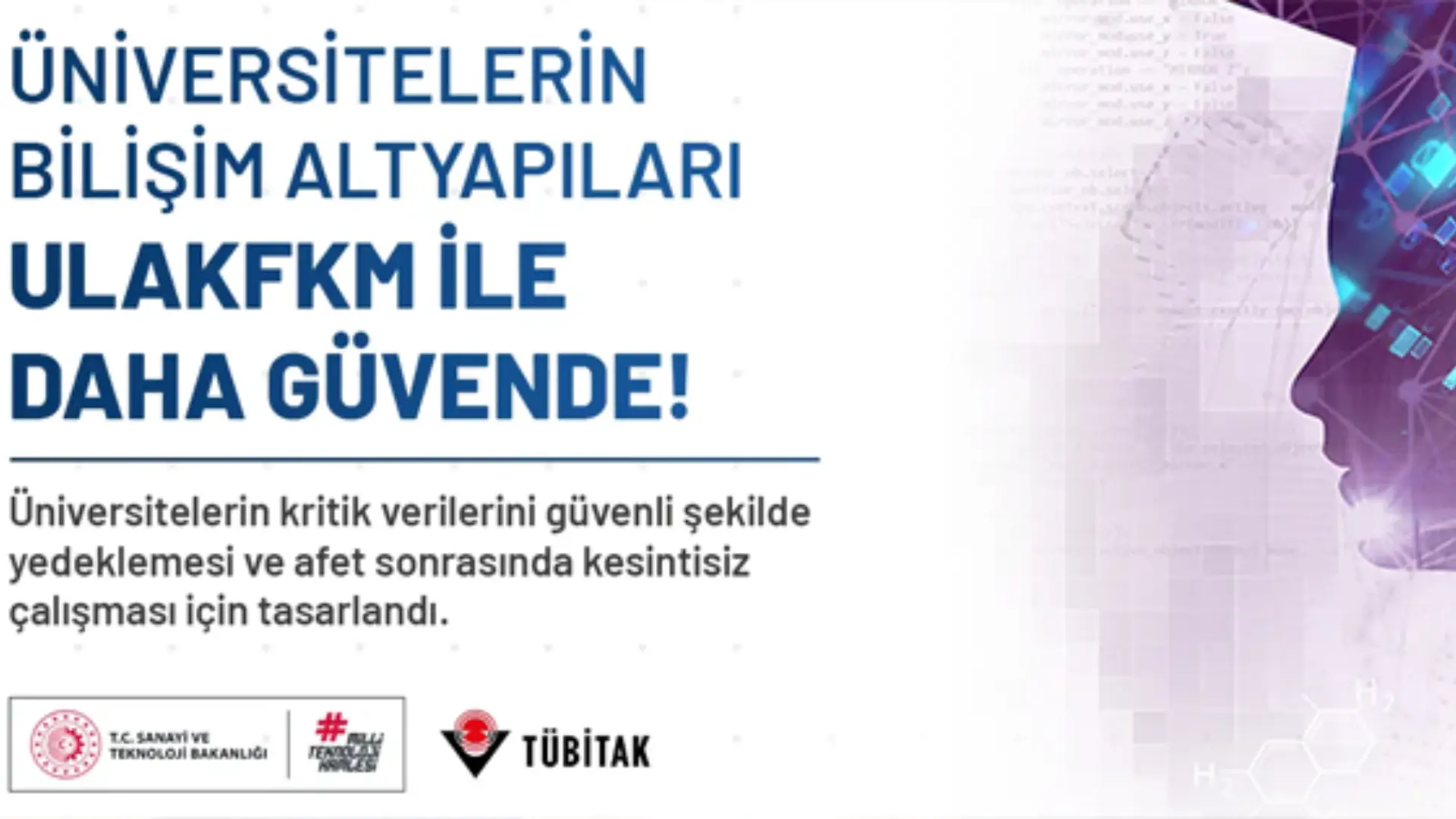Pardus to be rolled out on Religious Affairs' Computers; Contract for the Most Widespread Use in Public Sector Signed.
The "PARDUS and Open Source Transformation Cooperation Protocol" was signed between the Presidency of Religious Affairs (DİB) and TÜBİTAK ULAKBİM. The ceremony was held with the participation of Minister of Industry and Technology Mustafa Varank, President of Religious Affairs Prof. Dr. Ali Erbaş, Presidential Digital Transformation Office Head Ali Taha Koç, Deputy Minister Mehmet Fatih Kacır and TÜBİTAK President Prof. Dr. Hasan Mandal.
Last year, DİB decided to migrate to PARDUS, a domestic and national operating system that will set an example for all public institutions and organizations. Within the framework of the importance of Open Source and PARDUS transformation, a contract was signed between DİB and TÜBİTAK ULAKBİM last October, which includes analysis, training, proof of concept and pilot transformation studies. Within the scope of this contract, an in-depth analysis was conducted to introduce PARDUS and Open Source technologies developed by TÜBİTAK ULAKBİM to DİB personnel, to determine the PARDUS compatibility of the software used, and to identify equivalent software that can be replaced if necessary. In the light of this analysis, various customizations were made to the PARDUS interface in a way that would most efficiently realize the habits of the users and the functions needed.
Within the framework of the path laid out by these analysis studies, the "PARDUS and Open Source Transformation Cooperation Protocol" was signed to extend the domestic and national operating system PARDUS to 10 thousand computers used in the central and provincial organizations of DİB.
Minister of Industry and Technology Mustafa Varank stated that within the scope of the protocol signed with DİB, Open Source PARDUS will be extended to ten thousand computers used in the central and provincial organizations of Diyanet and said, "This means the most widespread use contract ever made in the public sector in the field of domestic and national software."
Minister Varank stated that DİB makes the best use of the opportunities offered by technology and said, "Our institution, which uses technology so effectively, took a decision last year that will set an example for all public institutions. By implementing the National Software Movement, it focused on nationalizing the IT infrastructure in all of its central, provincial and foreign organizations." he said.
Stating that 872 users have so far switched to PARDUS, the domestic and national software developed by TÜBİTAK ULAKBİM, Minister Varank said, "In addition, the open source Jitsi video conferencing system, for which TÜBİTAK published the installation guide, was installed on Diyanet servers. Thus, our Presidency became one of the institutions that commissioned a secure and cost-effective system the fastest during the pandemic process."
Minister Varank said that nearly 100 thousand users are currently using the PARDUS operating system and that institutions such as the Ministries of Health, Environment and Urbanization, Agriculture and Forestry, National Defense and the Strategy and Budget Presidency are currently in the process of analysis and transformation. Stating that they want to introduce PARDUS to our students at an early age, Minister Varank said, "In this sense, we are expanding a special version of PARDUS for Smart Boards in classrooms with the Ministry of National Education. The more widespread PARDUS becomes, the more its deficiencies will be identified and reported, and thus the development processes will accelerate."
Stating that they continue to prepare PARDUS versions for new technologies, Minister Varank said, "We will soon release a version for ARM-processor-based mini-computers, which are the most widely used in the Internet of Things world. Thus, PARDUS will take its place among smart devices as well as desktop solutions."
In his speech, President of Religious Affairs Prof. Dr. Ali Erbaş said, "As the Presidency, the joint work we have been carrying out with TÜBİTAK, which continues its activities under the auspices of our Ministry of Industry and Technology, since 2019 is beginning to bear fruit. For more than a month, PARDUS, the domestic and national operating system developed by TUBITAK, has been used on 502 computers in the central organization of the Presidency."
Within the scope of the contract, LiderAhenk will be established to centrally manage clients, and the Engerek product will be put into operation for the identity management of approximately 1 million users. In addition, training, promotion and support activities will continue to cover the rest of the organization.
In addition to transformation activities, TÜBİTAK ULAKBİM will also provide services for the development of new applications within the organization, maintenance and upkeep of server systems, and general support activities for end users.
Why PARDUS?
Open Source technologies offer an important opportunity for our country to have an independent and secure IT infrastructure. There are future uncertainties regarding the terms of use and costs of licensed software that binds its users to a certain brand eco-system.
As we depend on these technologies, it becomes difficult to switch to alternative products, and the commercial future, pricing and licensing policies of companies can bring significant risks to our information systems.
Open Source Software has long been widely and successfully used in critical applications around the world. In our country, many institutions are successfully using various Open Source technologies and are working to transform their licensed and platform-dependent systems.
PARDUS is a Free and Open Source operating system based on Debian GNU/Linux. It can be downloaded and installed free of charge over the Internet. In order to make PARDUS a competitive and sustainable operating system for personal or corporate use, development and maintenance activities are ongoing within TÜBİTAK ULAKBİM.
The PARDUS team within TÜBİTAK ULAKBİM provides corporate applications, some of which are based on other Open Source projects, with the potential for widespread use in addition to an operating system tailored to Turkish conditions. Products developed by this team such as PARDUS, remote management system LiderAhenk, identity management system Engerek, integrated cyber security system Octopus, as well as TaliaDomain, SambaBox, Liman, Gardiyan are successfully used in various ministries, state hospitals, municipalities, institutions such as the Presidency of Strategy and Budget, AFAD and the private sector.






